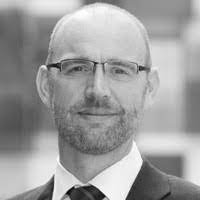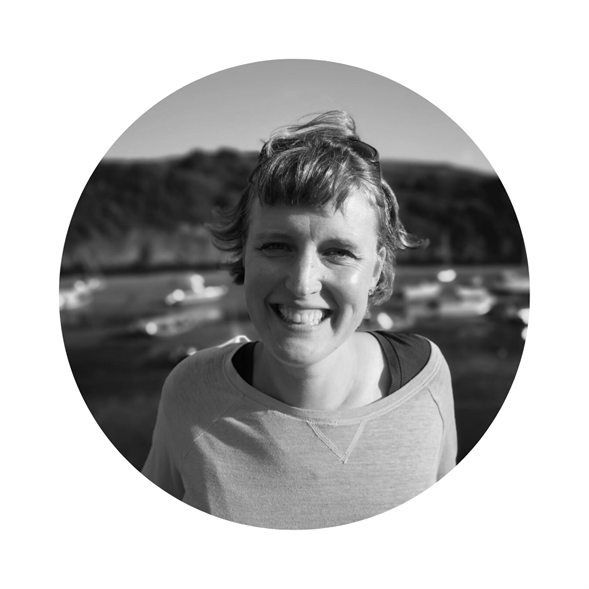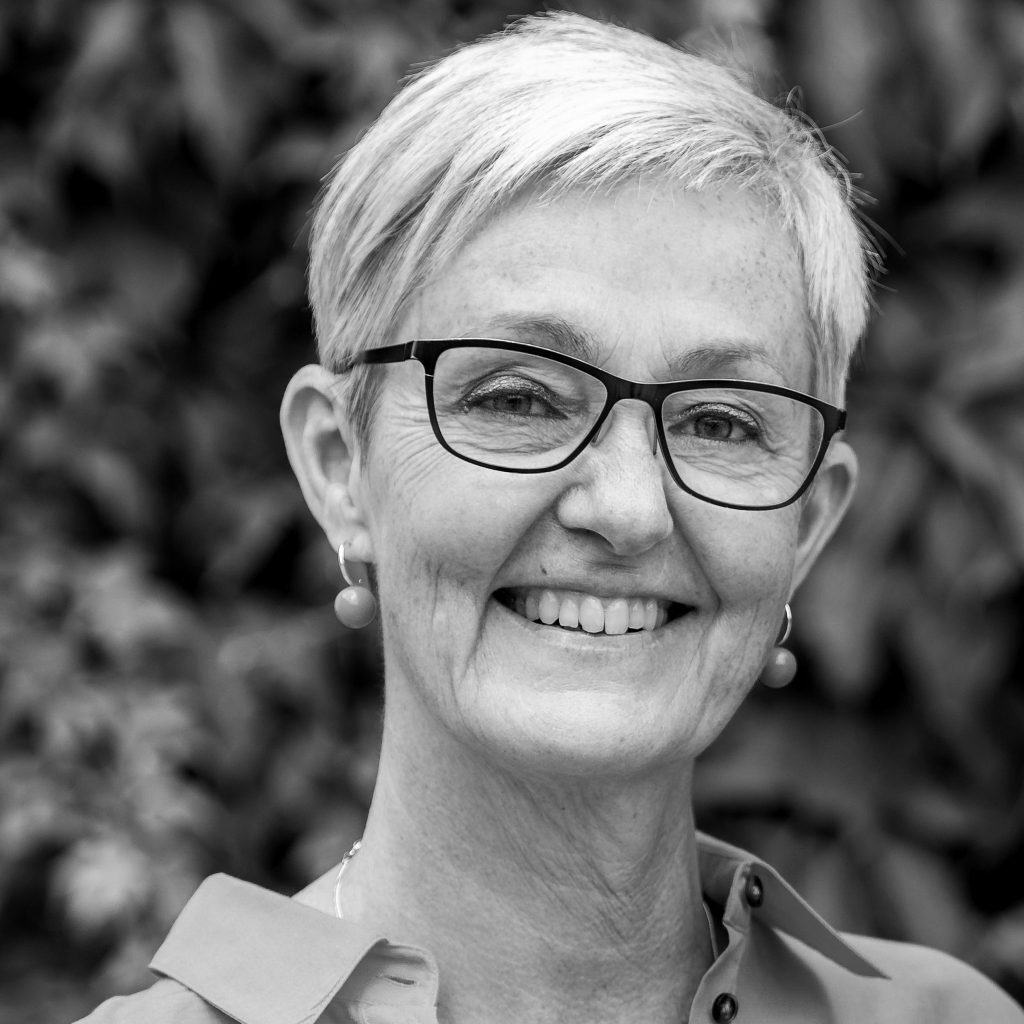The EHC Think Tank continuously explores new ways to drive systems change where needed in the healthcare system. This means staying open to innovative approaches that go beyond traditional advocacy, patient activism or well-established collaborations. To tackle this complex, multi-agent, co-creation work, the Think Tank engages with a series of methodologists to help guide, support and infuse its work with fresh and out-of-the-box methods, including from other fields of practice.
The Think Tank is currently based on a systems change philosophy that invites us to explore dynamics, patterns, structures, relationships and mental models as key elements to understanding healthcare system functions, actors and dynamics.
People play a central role in systems and are vital to any change process. To better understand what needs to happen to create change in an individual person, a group, an organisation and a sector, we need to draw from a variety of experts and insights.
How
The Think Tank operates at two levels: “macro tank” and “micro stream”.
- To support the macro-level Think Tank as a whole, the faculty meets with Think Tank leaders roughly twice a year to review new learnings and developments, and to advise potential new and bespoke approaches and methodologies.
- To support the micro-level workstreams, the faculty engages before and after relevant workstream meetings to ensure adequate preparation, learnings and adaptation to the culture and methodologies of engagement, where needed.
Who
For this purpose, the Think Tank seeks to collaborate with a number of different experts to support, guide and, where relevant, coach this approach. This ‘behind-the-scenes’ faculty team currently consists of:



- Behavioural scientist: Mark Lightowler
- Systems change practitioner: Anna Birney
- Group and visual facilitator: Ia Brix Ohmann
